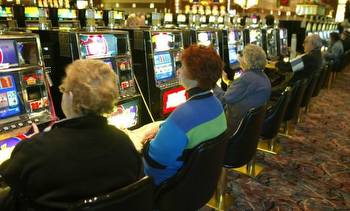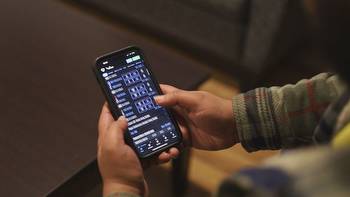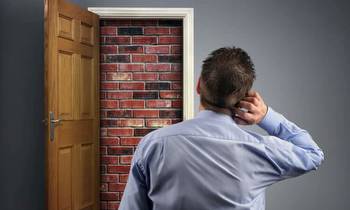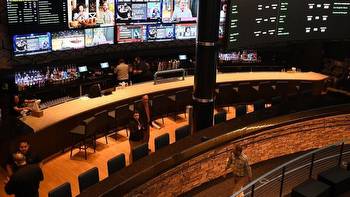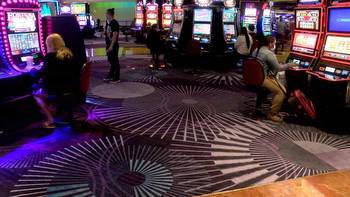Self-exclusion program launches to help responsible gambling

The Colorado Division of Gaming recently launched a self-exclusion program for all residents who want to be banned from local gambling.
The self-exclusion program allows for Coloradans to sign themselves up on the government website or via mail, according to a news release by the Colorado Department of Revenue. Once a person signs up, they will be prohibited from gambling at casinos and placing sports wagers at on-site and online sportsbooks, allowing for a person with a gambling problem to be stopped by gambling locations.
Along with the ban from participating in gambling, those on the list will not be able to redeem winnings, points, bonuses, comps or "free plays" at state casinos.
The Division of Gaming will send the list to all Colorado gambling locations, giving them the information to then implement their own method of stopping people listed. Most of the identification will be done through scanning a person's ID, the Division of Gaming said.
If found gambling, individuals on the exclusion list will have their winnings confiscated and could be criminally charged, according to the division.
An individual must place themselves on the list. Someone else can't do it for them. The time can be set for a period of one, three, or five years. Once on the list, a person will need approval from the Division of Gaming director to be removed.
A state exclusion list — common in other states that allow gambling — is not new to Colorado. The Problem Gambling Coalition of Colorado previously enrolled individuals and managed the self-exclusion list. Now, the state is directly running it, aiming for an efficient and "robust" program in the next year, according to the release.
There are currently 550 residents on the self-exclusion list, according to the Division of Gaming.
Christopher Schroder, director of the Colorado Division of Gaming, called the launch of the state's self-exclusion program an "exciting advancement for our state."









